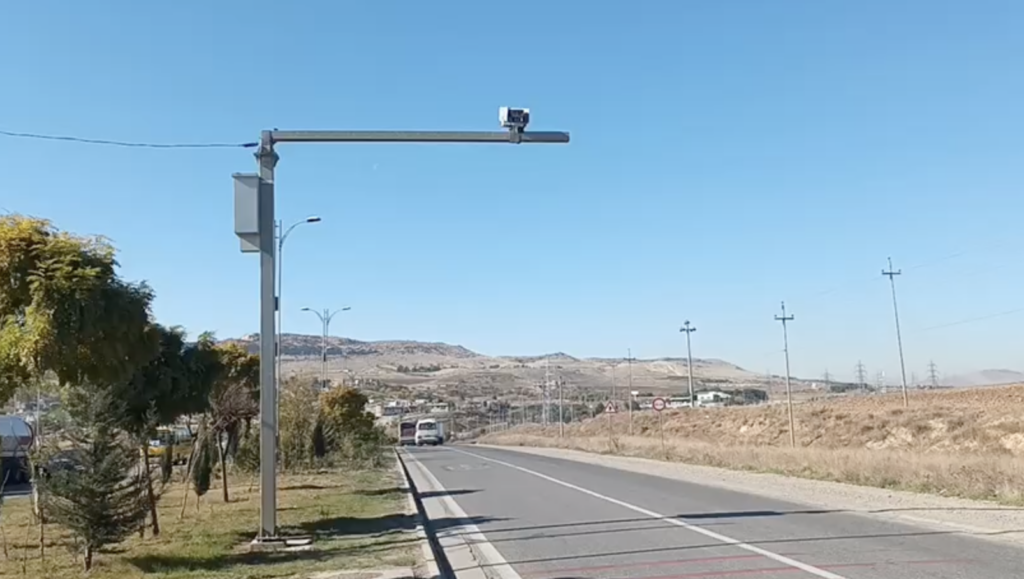Turkey: Insecure Future: Deportations and Lack of Legal Work for Refugees in Turkey [EN/AR/TK]
Izza Leghtas
Summary
Turkey hosts the world’s largest refugee population. It is a tremendous responsibility—one that not only the Turkish government but also the people of Turkey have been called upon to shoulder. Most of Turkey’s refugee population does not live in camps, but rather in host communities across the country, mostly in urban areas. In these communities, refugees rent apartments and send their children to Turkish schools. Although they often receive some form of humanitarian assistance, many refugees work to provide for their families. At 3.6 million, Syrians make up the vast majority of Turkey’s refugee population. In recent months, hosting Syrian refugees increasingly has become a politically contentious issue.
In July 2019, Refugees International traveled to Gaziantep, Istanbul, and Ankara to investigate refugees’ access to the labor market—a priority for refugees, humanitarians, and donors, but a politically charged topic for the host population. Nine years into the Syria crisis, with Turkey’s economy in decline and unemployment on the rise, the climate for Syrians in Turkey has reached a critical juncture. In July 2019, Turkish authorities conducted widespread identity checks in Syrian neighborhoods and subway and bus stations. These checks were followed by a wave of reported deportations of Syrian men to Idlib province in Syria—an active war zone.
Turkish authorities denied these reports. However, nongovernmental organizations (NGOs) and the international media extensively documented the forcible return of Syrian men, many of whom had been coerced into signing voluntary repatriation forms. The Turkish authorities also ordered Syrians not registered in Istanbul to leave the city and relocate to their province of registration or another province if they were not registered by August 20. This order caused much anxiety for people with jobs in Istanbul and those whose individual circumstances tie them to the city, particularly because Istanbul offers far more work opportunities than many other provinces. On August 20, the government extended the deadline to October 30, 2019.
Syrians interviewed by Refugees International also described an increasingly hostile environment in which acts of xenophobia are common. Although many Syrians in Turkey work, the majority do so in the informal labor market, where exploitation is widespread. Turkey introduced a work permit system for Syrian refugees in 2016, but permits must be requested by employers, who are often reluctant to cover the costs and face the administrative hurdles of hiring a refugee, or are uninformed about how the process works. As a result, most refugees are confined to low-paying jobs, many of them in small textile workshops and construction. Several higher-skilled Syrians told Refugees International that the barriers to entry in their traditional professions forced them to pursue work in the informal labor market. For non-Syrian refugees, who fall under a different work permit system, more stringent requirements make access to the formal labor market even more difficult. Also, since a change in the registration system for non-Syrian refugees in 2018, many Afghans have been unable to register with the Turkish authorities at all, making them ineligible for work permits.
Women represent about half of Turkey’s Syrian refugee population, yet their participation in the labor market is low. Indeed, only 15 percent of Syrian women engage in gainful employment, and even fewer have work permits. Syrian women often want and need to work but are unable to do so because the types of jobs available to them are often in factories or workshops in the informal labor market, entailing long working hours and low pay. In addition, Syrian women generally bear most of the responsibility for childcare and household duties, and in some cases their husbands or other family members are opposed to their work outside the home.
Even in this difficult climate, the Turkish government, donor countries, and international and nongovernmental organizations in Turkey are putting more efforts into improving refugees’ livelihood opportunities. Such efforts are key to enabling refugees to no longer rely on humanitarian assistance but rather support themselves and their families through legal work in decent conditions; in addition, working legally would enable them to better contribute to Turkey’s economy by using their skills and paying taxes. Enhancing refugees’ self-reliance by improving their access to livelihood opportunities is also one of the key objectives of the Global Compact on Refugees. To have a concrete impact on refugees’ participation in the labor market, however, regulations on refugees’ access to work permits must be improved to facilitate legal employment. For their part, donors must continue their socioeconomic support for refugees and members of the host community, as well as humanitarian support for those whose circumstances do not allow them to work.
Women refugees remain a largely underserved population. If this situation is to change, programs must address the barriers women currently face, including the lack of childcare and cultural norms that oppose women’s work outside the home. Also, any vocational trainings provided should go beyond gender-stereotyped roles to help women find jobs that need to be filled and empower them as participants in the formal labor market and as members of society.




